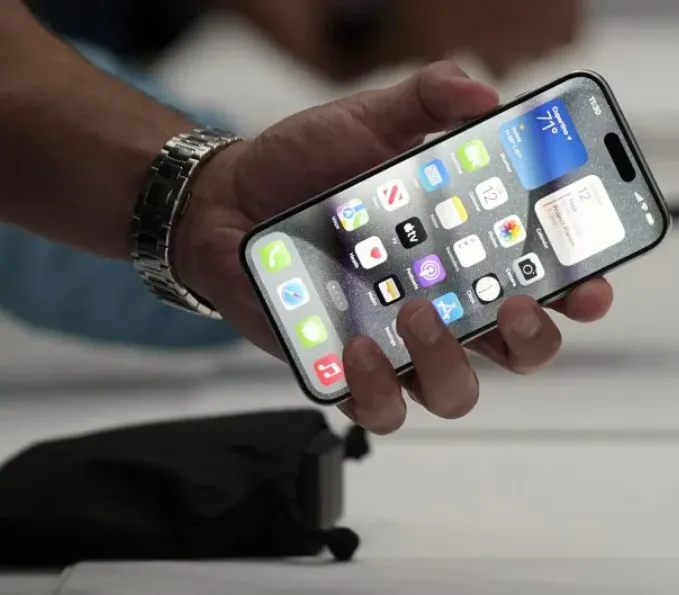Federal prosecutors have revealed the details of a large-scale fraud operation involving counterfeit iPhones and iPads that resulted in at least $16.2 million in losses for Apple. Two individuals, Yushan Lin, 31, and Shuyi Xing, 35, have pleaded guilty to running the scam, which lasted nearly nine years and spanned several Apple Stores across California.
How the Scam Operated
The fraudsters smuggled fake iPhones and iPads into the U.S. from China between 2015 and 2024. Each counterfeit device was equipped with a legitimate Apple serial number, deceiving store employees into accepting them as authentic. Once these devices were returned under the pretense of being defective, Apple staff unknowingly exchanged them for new or repaired genuine products.
These legitimate replacements were then shipped to various locations across the United States or sent back to China, where they were resold. Investigators found that Lin and Xing were responsible for attempting to return over 1,500 counterfeit devices, while the entire group attempted to swap nearly 21,000 units.
Widespread Impact Across California
The fraudulent scheme targeted numerous Apple Stores throughout California, including locations in Los Angeles, Beverly Hills, Sherman Oaks, Pasadena, Irvine, Northridge, and Manhattan Beach. Popular malls like South Coast Plaza and The Americana at Brand were also involved. Authorities identified Wenhui Huang as the operation’s ringleader, with Yang Song acting as the second-in-command. Additionally, two of the individuals involved were in the U.S. illegally.
Investigation and Arrests
The investigation into the scam involved several agencies, including Homeland Security Investigations, the IRS Criminal Investigation division, the U.S. Postal Inspection Service, and the Los Angeles Police Department. Prosecutors have described the operation as an international organized crime network.
Upcoming Sentencing
Lin is facing up to 20 years in federal prison, while Xing could receive a sentence of up to 40 years. Both individuals are scheduled for sentencing on December 10.
Retail Security Lessons Learned
This case highlights how even well-established return policies can be exploited by criminals. Apple’s customer-centric approach, which prioritized easy exchanges, enabled the fraudsters to successfully swap counterfeit products for genuine ones without detection for years. Authorities hope that the guilty pleas and pending sentences will serve as a deterrent to anyone considering similar fraudulent activities in the future.
